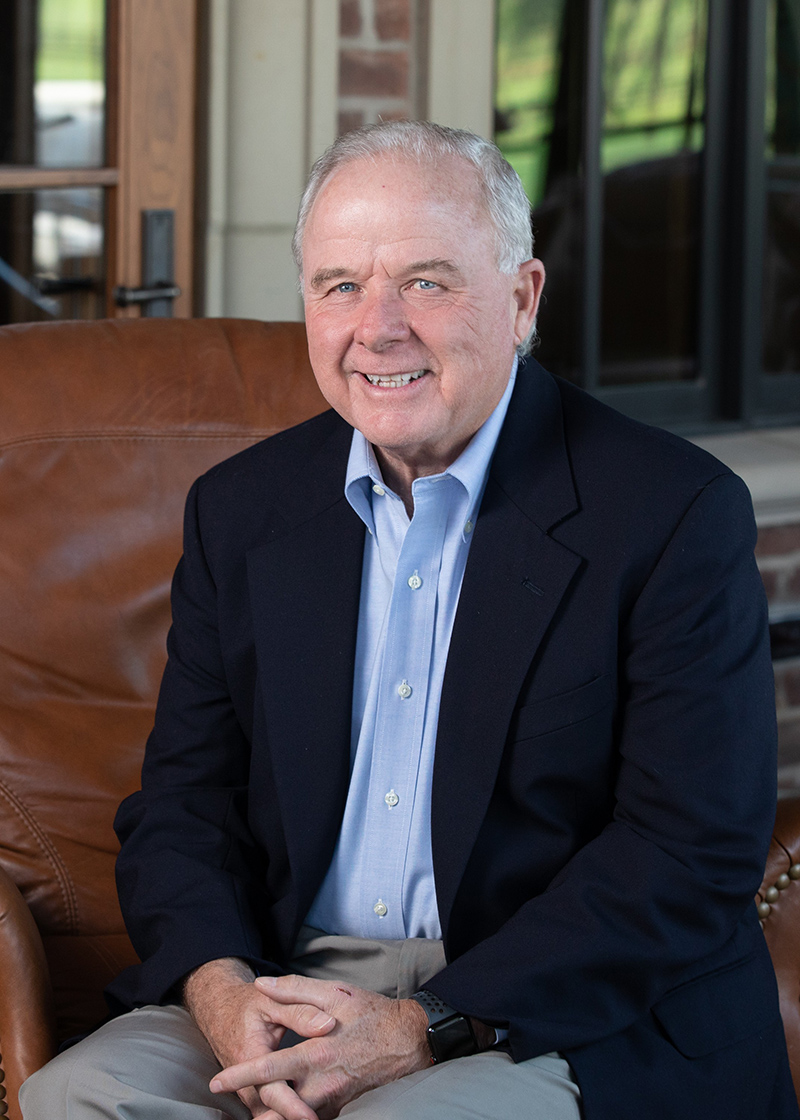 Paul Manning is Chairman and CEO of PBM Capital, a healthcare-focused investment firm that invests in companies in the pharmaceutical and life sciences industries.
Paul Manning is Chairman and CEO of PBM Capital, a healthcare-focused investment firm that invests in companies in the pharmaceutical and life sciences industries.
An entrepreneur with 30 years of experience in the healthcare industry, Paul founded PBM Capital in 2010. He is involved in all investment decisions and has served on the Board of Directors for many of PBM Capital’s investments, including AveXis, a clinical-stage gene therapy company that was acquired by Novartis in 2018. He currently serves on the Boards of Dova Pharmaceuticals, Verrica Pharmaceuticals, and PBM Pharmaceuticals.
Prior to PBM Capital, Paul founded PBM Products – a company built from the ground up with less than $1 million invested. PBM Products grew to become the world’s leading provider of private label infant formula and baby/toddler food.
An active member of the University of Virginia community, Paul has served on the Boards of UVA Strategic Planning Committee, the UVA Health Foundation, and the President’s Advisory Committee.
Paul is a native of Massachusetts and graduated from the University of Massachusetts with a BS in Microbiology. His wife Diane graduated from Michigan State University and pursued a career as an intensive care nurse. The Mannings launched their first company in 1985, the same year they started their family. They raised two sons and a daughter in Charlottesville, and today they have two grandchildren.
The Manning family’s philanthropic support for translational medical research has resulted in breakthroughs that are improving patient outcomes. We recently spoke with Paul about his background in the pharmaceutical and life sciences industries, and why his family supports the Foundation’s mission.
What is your connection to the Foundation?
I’ve been involved with the UVA Health System and the Board of the UVA Health Foundation for a number of years, so I was aware that Neal Kassell was an extremely well-regarded neurosurgeon at UVA. Along the way, I was following the promising results that the Foundation was reporting about the technology. Then we met Neal – who is both gregarious and passionate about the potential for focused ultrasound.
What moved you to get involved?
I have been investing in medical research and innovation for a long time, and there is so much out there. By the time we considered giving to focused ultrasound, we had proof-of-concept that it would improve patients’ lives. The positive clinical results and the videos – showing patients whose tremors stopped after focused ultrasound treatment – were convincing. The technology is revolutionary in its approach, and the Foundation itself is results-oriented.
What excites you most about focused ultrasound and the Foundation?
We were inspired by the vast potential of focused ultrasound and the dedication of the Foundation staff. It’s not only the scientists who are working on developing the applications but the whole team who are more than hopeful about the technology. They are believers, and that’s infectious.
Why do you care about focused ultrasound and the Foundation’s work?
Since 2010, all of our businesses have focused on patient-centric healthcare. With AveXis for example, we invested in the development of a breakthrough gene therapy for spinal muscular atrophy, a lethal neurodegenerative disease in infants. So, I’m interested in focused ultrasound’s potential to treat neurodegenerative diseases. Cancer immunotherapy is another revolutionary application for focused ultrasound, as it has the potential to activate the immune system to fight tumors.
I’ve also found that Neal and his team are committed to cutting-edge thinking, taking the technology both wider and deeper – to so many different disorders. They are not just satisfied with pursuing the indications for which they initially raised the money.
What impact do you hope to achieve through your philanthropy?
My approach is akin to venture investing. Promising medical technologies have a real need for early supporters who are betting on the technology’s success in an informed way. Similar to our support for UVA’s Launchpad for Diabetes program and, more recently, COVID-19 research, our goal is to provide early philanthropy that de-risks the technology, allowing more people to feel comfortable jumping in with follow-on funding.
What do you tell others about the Foundation?
Diane and I are very selective about who we support philanthropically. We support the Foundation because we know our gifts are going make an impact – the results have been obvious. People who give to the Foundation can rest assured that the money will be responsibly invested, and there is no question that it will get the therapies to patients.
What would you tell someone who is considering making a gift to the Foundation?
You can trust that you will see the impact of your gift quickly. You have the opportunity to be part of a very caring team at the Foundation, not only the scientists, but the staff – who are all helping people with serious medical disorders.
